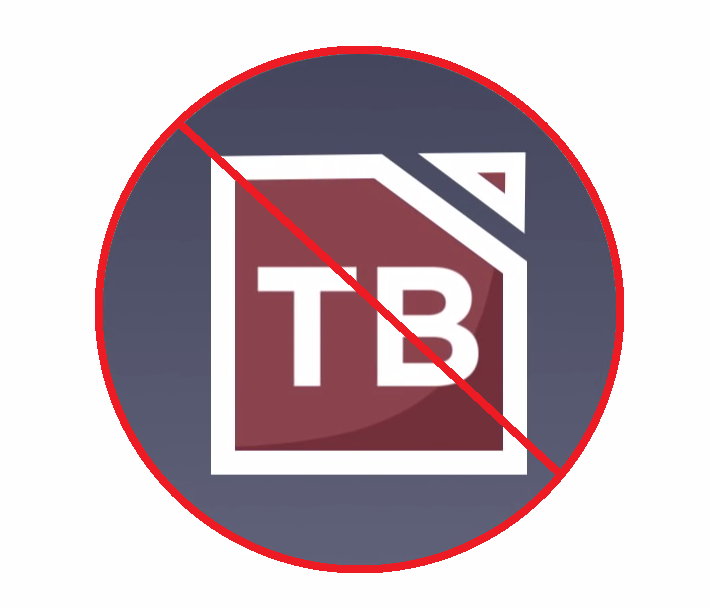Focus on precedents in emerging industries, not short-term outcomes
Comcast’s one TB limit raises several concerns for internet users. Despite having no visible short-term outcome, the long-term effects of this limit can be potentially harmful.
October 25, 2016
When people talk about the quality of their Wi-Fi, most refer to its speed and reliability. No buffering means no complaints.
Though most people are aware of data caps when purchasing their Internet plan, such restrictions do not arise frequently for the majority of Internet users, who either raise or never approach their data limits. Comcast raised their monthly data caps on their Internet services in 18 states from 300 GB to one TB in April after continuous pressure from the Federal Communications Commission.
While the limit’s immense volume of available data may make it seem innocuous or even purely nominal, the legal and moral precedent it sets has the potential to negatively affect the Internet industry forever.
When describing its data limit, Comcast loves to repeat how large one TB of data is. On its FAQ site, the company cites the 600 to 700 hours of high-definition video, 12,000 hours of online gaming, 15,000 hours of music or 60,000 high-resolution photos that can be uploaded, viewed or shared with one TB of data. A video version with a similar message received a nearly unanimous negative response.
Comcast is correct in its claim that a one-TB data cap provides users with enough data that a negligible portion of its customers is affected. However, the danger of the data cap lies not in its immediate impact, but in the potential for incrementally lower caps and possibly selective or discriminating data caps.
The negative response to the one TB cap give consumers hope of stopping the progression of unjust Internet policies, but it comes too late to an industry where data caps have already become a standard. It is not too late for the public to protest harmful precedents in emerging industries which lie in legal grey areas.
When another company presents its potentially malicious policies to the public, it will likely place a similar focus on the lack of short-term negative impacts or the consumer’s power. With the added excitement around the novel and the lack of knowledge of a new industry, recognizing the darker side of a company policy will become harder or feel less necessary.
No matter how inconsequential or provisional a new law or standard may seem, always consider the long-lasting influence of a precedent.


















![“[Building nerf blasters] became this outlet of creativity for me that hasn't been matched by anything else. The process [of] making a build complete to your desire is such a painstakingly difficult process, but I've had to learn from [the skills needed from] soldering to proper painting. There's so many different options for everything, if you think about it, it exists. The best part is [that] if it doesn't exist, you can build it yourself," Ishaan Parate said.](https://harkeraquila.com/wp-content/uploads/2022/08/DSC_8149-900x604.jpg)




![“When I came into high school, I was ready to be a follower. But DECA was a game changer for me. It helped me overcome my fear of public speaking, and it's played such a major role in who I've become today. To be able to successfully lead a chapter of 150 students, an officer team and be one of the upperclassmen I once really admired is something I'm [really] proud of,” Anvitha Tummala ('21) said.](https://harkeraquila.com/wp-content/uploads/2021/07/Screen-Shot-2021-07-25-at-9.50.05-AM-900x594.png)







![“I think getting up in the morning and having a sense of purpose [is exciting]. I think without a certain amount of drive, life is kind of obsolete and mundane, and I think having that every single day is what makes each day unique and kind of makes life exciting,” Neymika Jain (12) said.](https://harkeraquila.com/wp-content/uploads/2017/06/Screen-Shot-2017-06-03-at-4.54.16-PM.png)








![“My slogan is ‘slow feet, don’t eat, and I’m hungry.’ You need to run fast to get where you are–you aren't going to get those championships if you aren't fast,” Angel Cervantes (12) said. “I want to do well in school on my tests and in track and win championships for my team. I live by that, [and] I can do that anywhere: in the classroom or on the field.”](https://harkeraquila.com/wp-content/uploads/2018/06/DSC5146-900x601.jpg)
![“[Volleyball has] taught me how to fall correctly, and another thing it taught is that you don’t have to be the best at something to be good at it. If you just hit the ball in a smart way, then it still scores points and you’re good at it. You could be a background player and still make a much bigger impact on the team than you would think,” Anya Gert (’20) said.](https://harkeraquila.com/wp-content/uploads/2020/06/AnnaGert_JinTuan_HoHPhotoEdited-600x900.jpeg)

![“I'm not nearly there yet, but [my confidence has] definitely been getting better since I was pretty shy and timid coming into Harker my freshman year. I know that there's a lot of people that are really confident in what they do, and I really admire them. Everyone's so driven and that has really pushed me to kind of try to find my own place in high school and be more confident,” Alyssa Huang (’20) said.](https://harkeraquila.com/wp-content/uploads/2020/06/AlyssaHuang_EmilyChen_HoHPhoto-900x749.jpeg)






